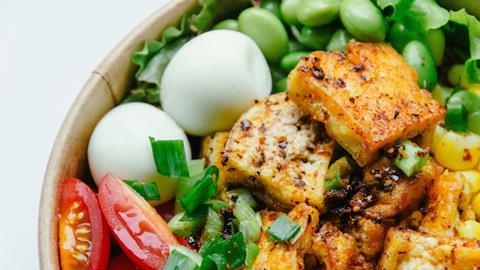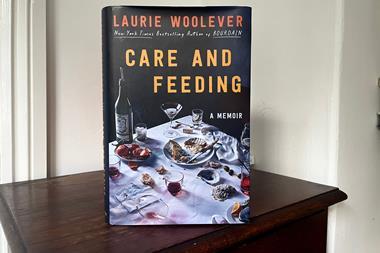As Tofu: A Culinary History (Reaktion Books, £16.95) sets out, it is only quite recently that the Asian staple has become a well-known plant-based option in the western world. Indeed, it’s often used by critics to demonstrate that vegan food is a “tasteless, beige, congealed mass”. It’s even entered the culture wars – with ‘tofu-eating wokerati’ a favourite put-down of the right.
People curious about how tofu came to be so essential to plant-based cuisine, as well as the sceptics out there, will find Russell Thomas’ book doesn’t linger on the bland bits. Instead, it builds an enchanting and slightly eccentric history of tofu and the role it’s played in society for centuries.
According to legend, tofu was concocted by alchemist and prince Liu An around the first century BC. The author tells us it was more likely born as a food for peasants in the modern-day regions of Sichuan and Yunnan in China.
Indeed, tofu is ‘a gift that keeps on giving’ as every part in the production gets used: skin for soups, dregs for salads, and soy whey for alcoholic beverages.
It made it to the west towards the end of the 20th century, but spent decades in the shadows before rising to prominence. And Thomas argues the multitudes it has to offer are yet to be fully understood. From silken to firm, fresh to dried and fermented curd, this shape-shifting superfood has fed billions of people across the globe for millennia. With wholesome plant-based proteins back on the table, it’s likely it will keep doing just that for centuries to come.




















No comments yet